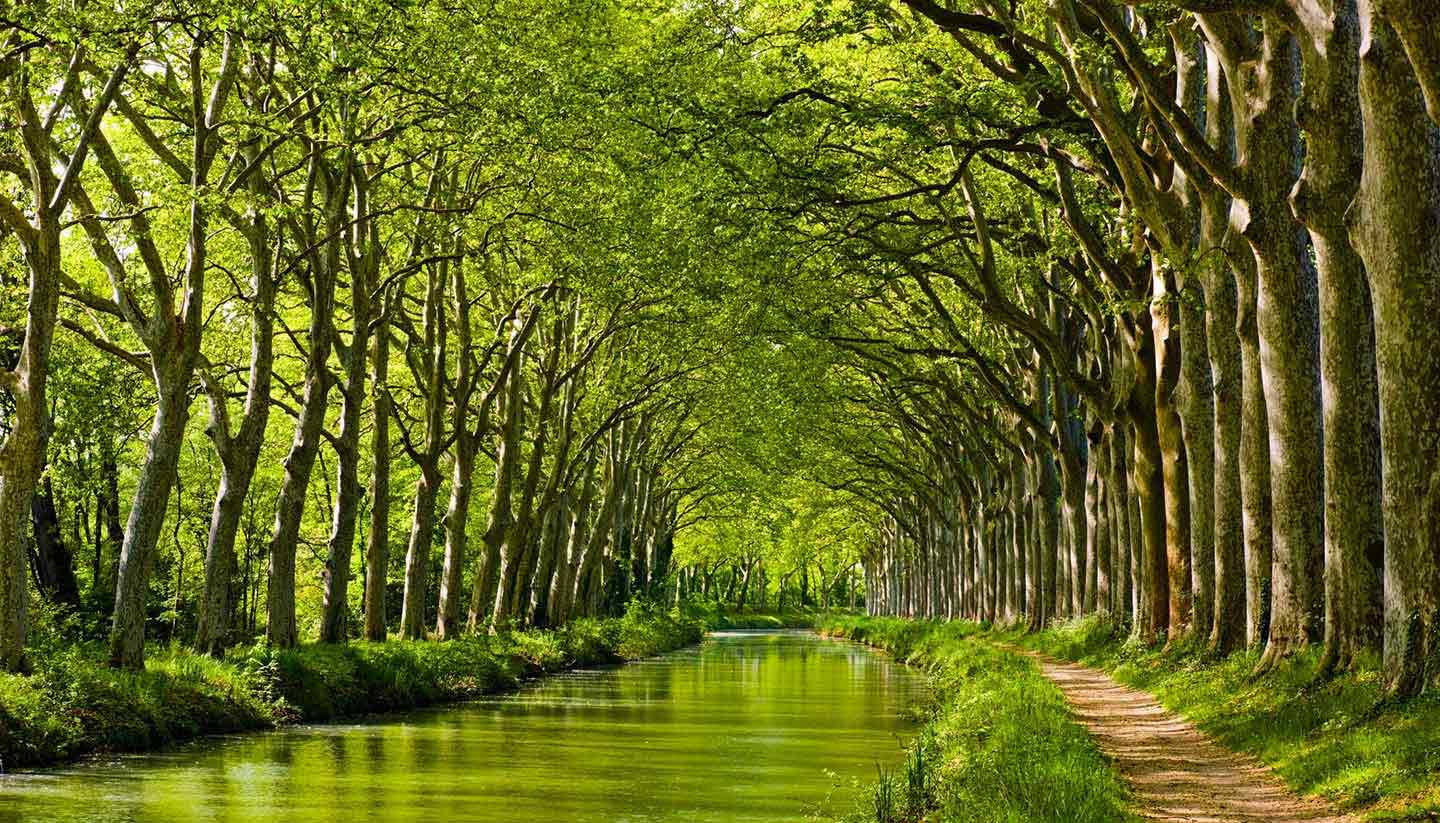Toulouse Travel Guide
About Toulouse
Feisty and full of history, the southwestern metropolis of Toulouse is one of the most enjoyable cities in France.
It draws nothing like the attention enjoyed by Paris, Marseille and Lyon (the only three French cities which are larger), but it's not always obvious why. Known as La Ville Rose, thanks to the pinkish bricks that dominate much of its older architecture, it's a city with medieval heritage, a world-class aerospace industry and an indelibly proud identity.
This regional pride is partly rooted in the rugby team, one of the most successful in Europe, but it's also shaped by the local cuisine and a roaring cultural scene. It has one of the most sizeable universities in the country, which helps imbue the place with a youthful feel, but the city still clings closely to its past, with bilingual street signs (the Occitan language has its roots in the area), cobbled streets and numerous merchants' towers dating back to the era when Toulouse was made rich by woad production.
Some of the buildings and public spaces around the centre are beautiful. The large Place du Capitole has a striking old town hall and theatre complex with eight columns of marble. Close by, the Saint Sernin Basilica is a soaring example of Romanesque architecture and inscribed on UNESCO's World Heritage List. The city's famous pink bricks, incidentally, are said to originate from the mud of the Garonne River, which flows west of the city centre. The Canal du Midi also cuts through the city.
The Space Museum gives a more cutting-edge flavour to the city's visitor attractions, as does the vast Airbus Factory. But this is still somewhere that prides itself on its traditions, and in a manner typical of the southwest, enjoying life is seen as a priority. Meals tend to be long and hearty, so be sure to sample the local cassoulet, preferably complemented by a glass or two of Cahors wine.


